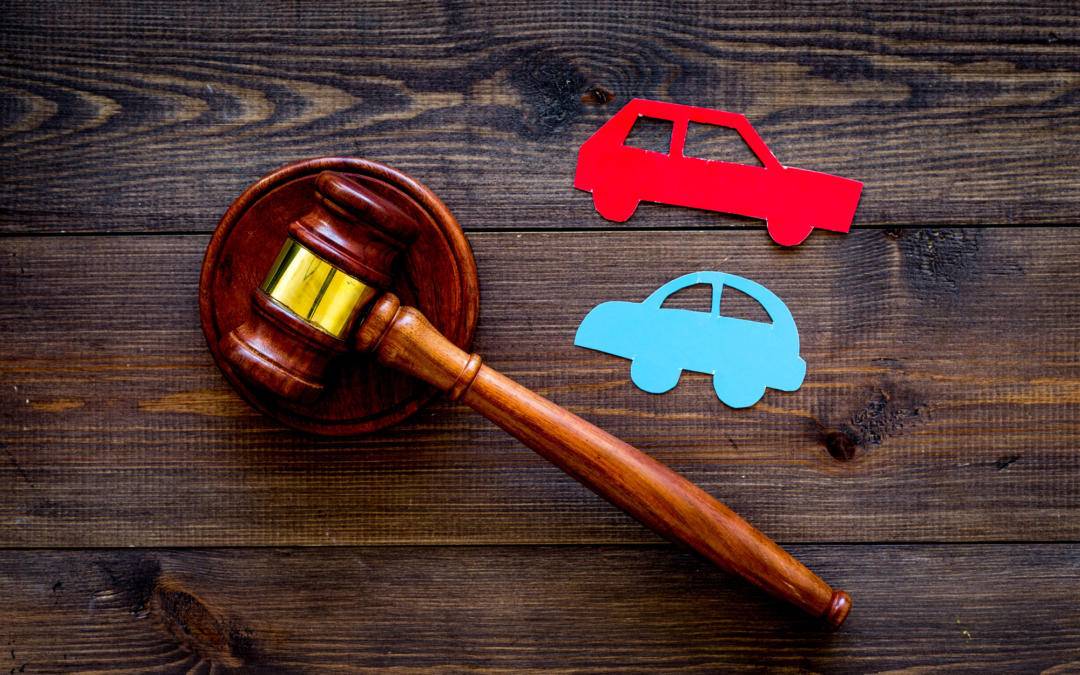Should You Pay Quarterly Taxes?

If you are an individual who earns their income outside of traditional employment, then you will have to deal with specific tax implications for that income.
According to the IRS, people who paid an estimated tax penalty increased from 7.2 million in 2010 to 10 million in 2015 and are still growing. The penalty amount varies but can add up to hundreds of dollars or more.
Few people want to end up paying taxes at the end of the year or end up with a smaller refund than anticipated. Unfortunately, even if you are unaware of the penalty associated with not paying quarterly taxes, the IRS will not forgive you.
We’ve compiled some helpful information for you to read in regards to paying estimated quarterly taxes.
What Are Estimated Quarterly Taxes?
Most individuals hear quarterly taxes and associate them with self-employment. If you make money that does not have taxes withheld, you may be required to pay estimated tax payments.
Quarterly payments are a way of paying tax on income you earned that is not subject to withholding. This income may have come from self-employment or business earnings. It could be from rent or other sources such as interest or dividends from stocks and bonds.
You can find out more information about tax statistics and types of income taxed from the Tax Policy Center.
Understanding how much you owe when you file your tax returns is a must. Pay too little, and you will owe money to the IRS. Pay too much, and you will get that money back like you would your tax refund check.
Who Has To Pay Estimated Quarterly Taxes?
The IRS outlines estimated tax payments during a tax year for anyone found in one of two situations below. If you don’t fall within one of these two categories, you don’t have to pay quarterly taxes.
The first situation is that you expect to owe at least $1,000 in tax for the current tax year. Your final estimate will be determined after subtracting your withholding and refundable credits.
The second situation is that you are expecting your withholding and refundable credits to smaller than either 90% of the tax shown on your current tax return for the year or 100% of the tax shown on your prior year’s return.
Estimated taxes are usually paid by the self-employed business owner or sole-proprietor. However, if your running a business that is losing money, you may not have to pay quarterly taxes at all. Anyone who is runs a corporation or is a business parner will pay quarterly taxes if they are expecting $500 or more in tax liability.
In addition, people who work a 9 to 5 job where taxes are withheld may have to pay quarterly estimated taxes. This occurs if they owed money to the IRS when they filed their previous year’s taxes.
Estimated taxes can become complicated. Contacting a professional tax preparation service such as Robinson DeLoache, LLC can lessen the burden of making any consequential tax mistakes.
Don’t Wait To Pay Your Estimated Quarterly Taxes
The IRS makes all its tax forms available online. From the 1099 tax form to the 1040-ES form for estimated tax for individuals. The 1040-ES form can help you calculate your annual tax liability. However, you will need to know your income, deductions, credits, and taxes paid.
Once you’ve figured out the amount of estimated quarterly taxes you owe, you can pay the IRS directly through its Direct Pay program. Your payments will be automatically taken from your business checking or savings account. If you found this article helpful, then head over to our website’s business and finance sections to start learning even more.










